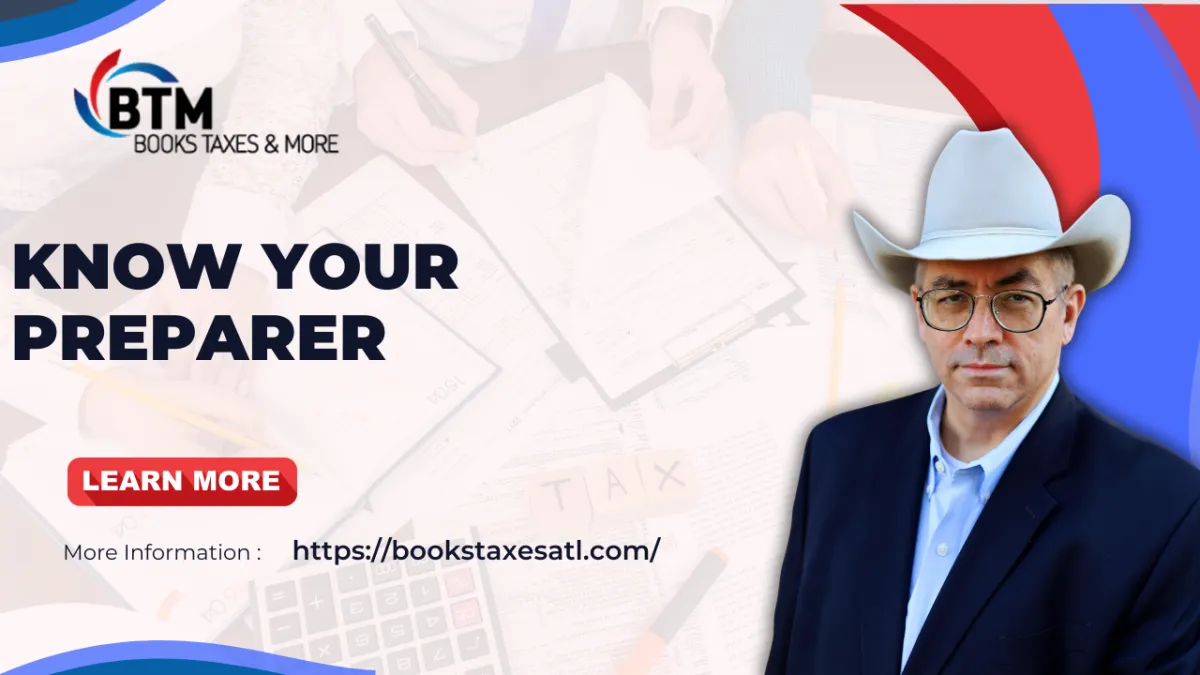Know your Preparer
- Over 900,000 tax preparers in the U.S. include CPAs, EAs, and unlicensed PTIN holders; all must have a PTIN but requirements to obtain one are minimal. - CPAs and EAs hold licenses, follow ethical standards, and meet continuing education mandates, while some preparers lack ethics or commit crimes. - Taxpayers are legally responsible for the accuracy of their returns; preparers rely on client-provided information and must avoid encouraging false deductions that risk perjury charges. - Some preparers allow or encourage improper deductions, leading to audits, penalties, or denial of refunds, as seen in cases where clients faced repeated state refund denials. - Clients should thoroughly review their returns, understand every entry, and research preparers’ qualifications, criminal history, experience, and professional standing. - Questions to ask a preparer include licensing, audit policies, experience, continuing education relevance, and Better Business Bureau membership. - Responsible preparation safeguards clients from legal and financial risks; taxpayers must exercise due diligence when choosing a preparer.

